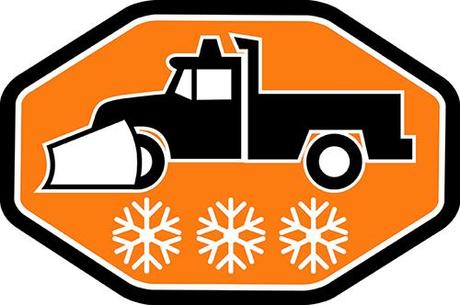Top 4 Trucking Tips for Fleets Caught in Foul Weather
Posted 20 January 2015 12:00 AM by Jennifer Andrasik
Managing a fleet of large trucks and 18-wheelers can be difficult enough, but when inclement weather strikes during the messy winter months, safety becomes a huge concern.

The most recent data from the U.S. Department of Transportation, released in 2014, shows that 104,000 people were injured in crashes involving large trucks in 2012. When snow, sleet and ice are covering the roadways, operating a truck often weighing 75,000 pounds more than your car can be dangerous, even for the most experienced fleet driver.
These are top tips for large truck drivers during severe weather.
1. Think of fuel as a friend.When roads are snowy and icy, extra weight can mean extra traction. Keep fuel tanks filled up for extra weight over truck tires. Combined with proper tire pressure, tread and a spare, you are better protected against sliding around during a delivery.
2. Follow your own path.When a blizzard is roaring or sleet is flying, take precautions to not get too close to the tail-lights in front of you. Keeping your eyes on someone else's brake lights rather than the road could mean you're too close to the vehicle in front of you. In addition, their mistake can quickly become your own if they suddenly make a wrong turn.
3. Will you be able to see?Before taking off in the truck, make sure both windshield wipers and windshield washer fluid are up to par. Are the wiper blades intact and able to remove rain and solution without streaking? Also, is the washer fluid reservoir the proper type for your journey, and is it filled all the way? Checking these before starting the ignition will improve your ability to make a visible journey.
4. Diesel fuel isn't friends with the cold.When it gets extremely cold and icy, diesel fuel starts "gelling," which means it forms large wax crystals. When the fuel starts to thicken, it can clog filters and engines, causing the truck to stop running. Stocking up on anti-gel additives while on the road can keep a fleet moving during even the coldest winter months.
Do you have more trucking tips to share? Add them in the comments section below!
By Fleetmatics
Copyright © 2014. Fleetmatics Development Limited. All rights reserved.

